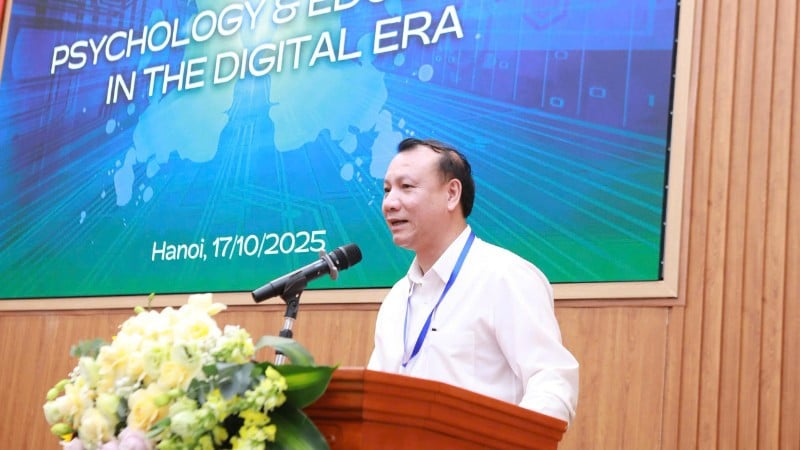
On October 17, in Hanoi, Hanoi National University of Education organized an international scientific conference "Psychology and Education in the Digital Age " , gathering hundreds of domestic and foreign experts and scientists .
The event took place in the context of Vietnam promoting digital transformation in education, aiming to build human resources and digital people with humanistic identity - a topic that is both urgent and strategic in the process of modernizing national education.
Speaking at the opening of the workshop, Associate Professor, Dr. Le Minh Nguyet, Head of the Department of Psychology and Education (Hanoi National University of Education), emphasized: “The digital age has opened up golden opportunities for educational innovation, but also posed profound challenges to people, values and learning methods. The important thing is that technology must be used intelligently, humanely and sustainably.”
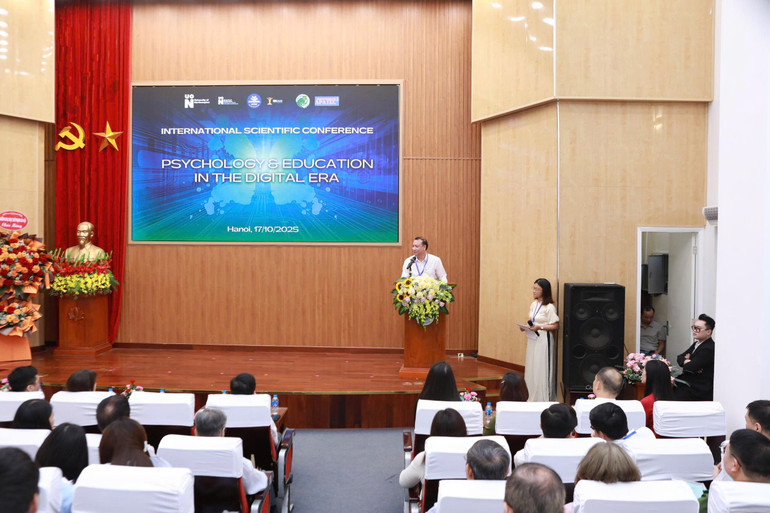
“The digital age opens up both golden opportunities for educational innovation and profound challenges for people, values and learning methods. It is important that technology is used intelligently, humanely and sustainably.”
Associate Professor, Dr. Le Minh Nguyet, Head of Department of Psychology and Education
(Hanoi National University of Education)
That emphasis is not only the open message of the conference but also the self-question of modern education: How to make technology serve people, not replace people.
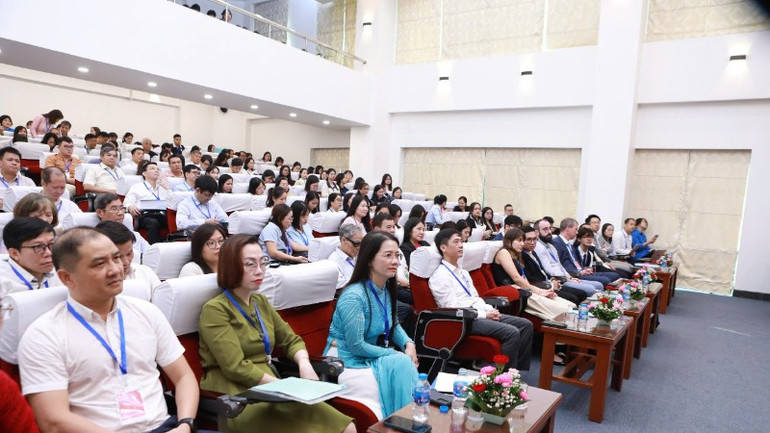
The workshop was held in the context of Vietnam implementing Resolution No. 57-NQ/TW (2024) of the Politburo on breakthroughs in science and technology development, innovation and national digital transformation. This is an important foundation to help Vietnamese education enter a period of strong transformation, connecting global knowledge with human development requirements.
With more than 200 scientific reports, the event gathered a large number of domestic and international scholars, clearly demonstrating the trend of global academic and knowledge integration in the field of Vietnamese education and psychology.
The workshop's discussion contents were deployed through 6 thematic sub-committees, covering the entire picture of education in the digital transformation era:
First, the psychology of digital technology in education - Analyzing the impact of technology on cognition, emotion, learning motivation and designing positive learning experiences.
Second, teaching and learning in the digital age - Developing digital capacity for teachers and students; integrating AI in teaching and assessment.
Third, mental health in the digital environment - Identifying emotional and behavioral disorders and building healthy learning environments.
Fourth, integrating technology in school mental health services - Applying digital platforms for screening, consultation, and early intervention.
Fifth, developing policies and human resources for digital age education - Proposing a legal framework and training strategy for a team of teachers with digital competence.
Sixth, education for sustainable development in the digital age - Affirming the role of technology in spreading global values such as gender equality, environmental protection, and cultural diversity.
At the plenary session, the academic atmosphere became lively with multi-dimensional perspectives from international scholars. Professor Richard Hazenberg (University of Northampton, UK) shared the digital connection model in supporting school mental health, opening up a new approach to counseling and psychological care in schools.
Professor Takayoshi Maki (Hiroshima University, Japan) introduced his experience in training a team of teachers ready to enter the era of technology-enhanced education, where AI, ICT and STEAM are not only tools but also core competencies of teachers.
Meanwhile, Professor Martijn Van Heel (Vrije University, Brussels, Belgium) looked from a sociological perspective, warning about the "emotional void" of the young generation in the digital media era when virtual connections risk overwhelming real communication.
According to the Organizing Committee, the 6 knowledge streams presented at the conference are the "knowledge map" that helps guide research, policy and training in Vietnam's education in the period 2025-2035 - a period when technology becomes a pillar of development, but still needs a "humanistic soul" as a fulcrum.
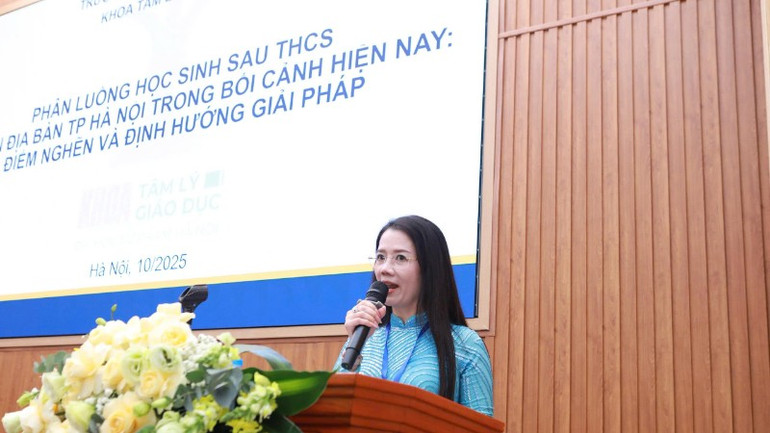
In the topic “Streamlining post-secondary school students in Hanoi: Bottlenecks and solution orientations”, Associate Professor, Dr. Le Minh Nguyet presented practical research with vivid data, pointing out 3 major bottlenecks in current education: salary policy is not enough to motivate vocational students, the demand for general education is too high compared to the quota, and streaming is still separate from career guidance.
From there, Associate Professor, Dr. Le Minh Nguyet proposed 3 groups of solutions: Adjusting salary and rank policies to ensure income and fair promotion opportunities for vocational workers; Universalizing high school education in the spirit of Resolution 71-NQ/TW (August 25, 2025) of the Politburo on "breakthrough in education and training development"; Innovating awareness, closely linking streaming and career guidance, meeting human resource needs in the period of Industrial Revolution 4.0.
These proposals not only have academic value, but also touch on the strategy of developing Vietnamese people, how to ensure that every student, regardless of their circumstances, has the opportunity to learn and grow. According to statistics from the Ministry of Education and Training, currently about 70% of students after lower secondary school continue to study in high school, while the goal of completing universal high school education nationwide by 2035 has been established in Resolution 71-NQ/TW.
That is a big goal but also a practical challenge, requiring synchronization between policy-investment-social awareness, so that education can truly become a sustainable driving force for Vietnamese human development in the digital age.
The conference “Psychology and Education in the Digital Age” is not only an academic forum, but also a declaration of the vision of Vietnamese education in the new era:
A modern education that does not lose humanity, applies technology but still puts people at the center, and innovation goes hand in hand with sustainable development.
Source: https://nhandan.vn/ky-nguyen-so-dat-ra-nhung-thach-thuc-sau-sac-ve-con-nguoi-gia-tri-va-phuong-thuc-hoc-tap-post916144.html




![[Photo] Collecting waste, sowing green seeds](https://vphoto.vietnam.vn/thumb/1200x675/vietnam/resource/IMAGE/2025/10/18/1760786475497_ndo_br_1-jpg.webp)
![[Photo] General Secretary To Lam attends the 95th Anniversary of the Party Central Office's Traditional Day](https://vphoto.vietnam.vn/thumb/1200x675/vietnam/resource/IMAGE/2025/10/18/1760784671836_a1-bnd-4476-1940-jpg.webp)
![[Photo] Closing ceremony of the 18th Congress of Hanoi Party Committee](https://vphoto.vietnam.vn/thumb/1200x675/vietnam/resource/IMAGE/2025/10/17/1760704850107_ndo_br_1-jpg.webp)

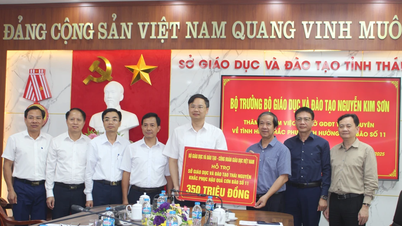




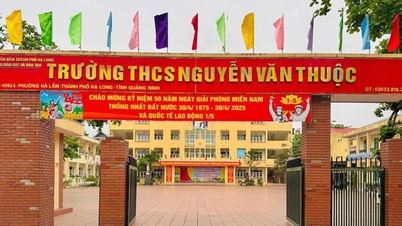

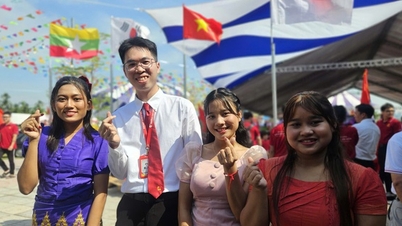
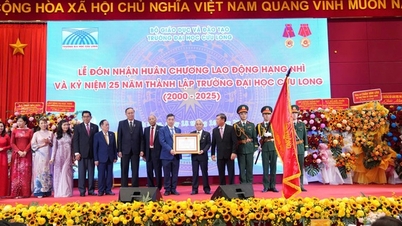




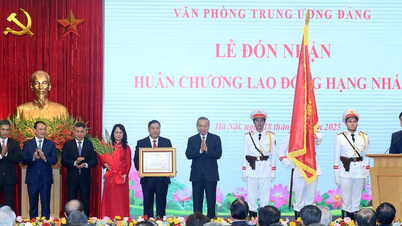

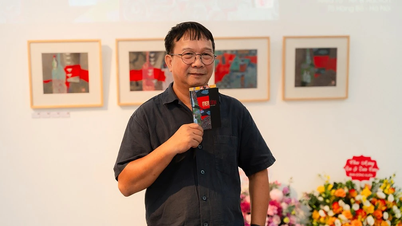
![[Photo] Collecting waste, sowing green seeds](https://vphoto.vietnam.vn/thumb/402x226/vietnam/resource/IMAGE/2025/10/18/1760786475497_ndo_br_1-jpg.webp)
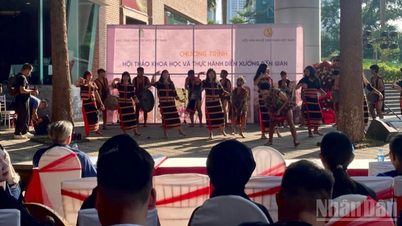
![[Photo] General Secretary To Lam attends the 95th Anniversary of the Party Central Office's Traditional Day](https://vphoto.vietnam.vn/thumb/402x226/vietnam/resource/IMAGE/2025/10/18/1760784671836_a1-bnd-4476-1940-jpg.webp)


















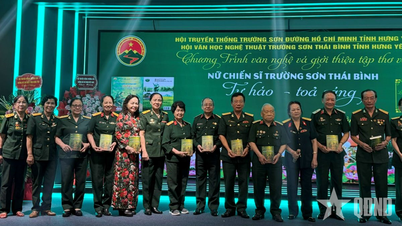















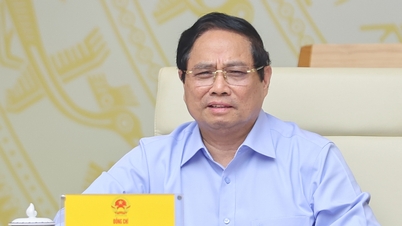
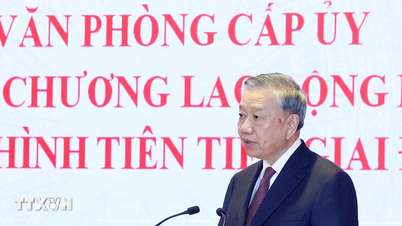

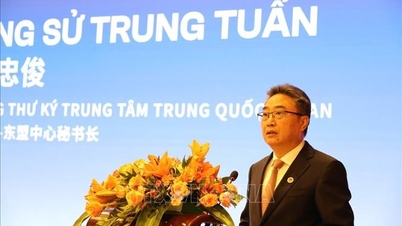
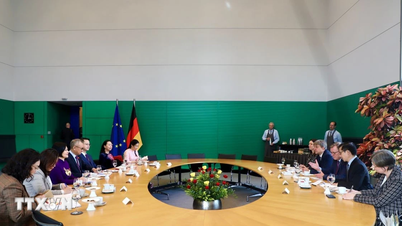








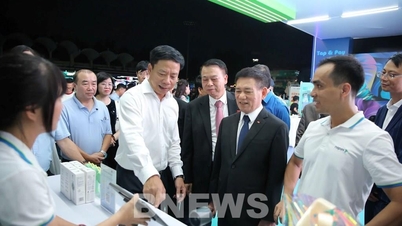

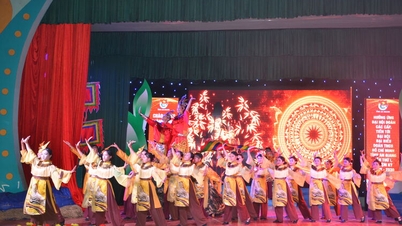


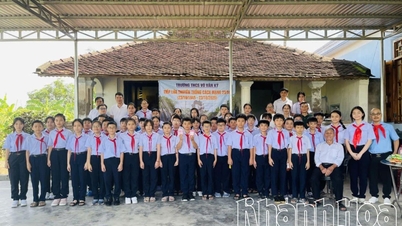

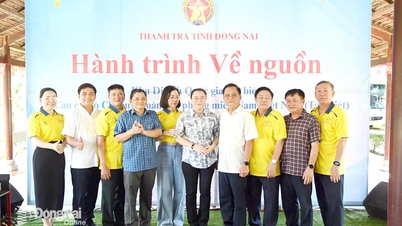
















Comment (0)